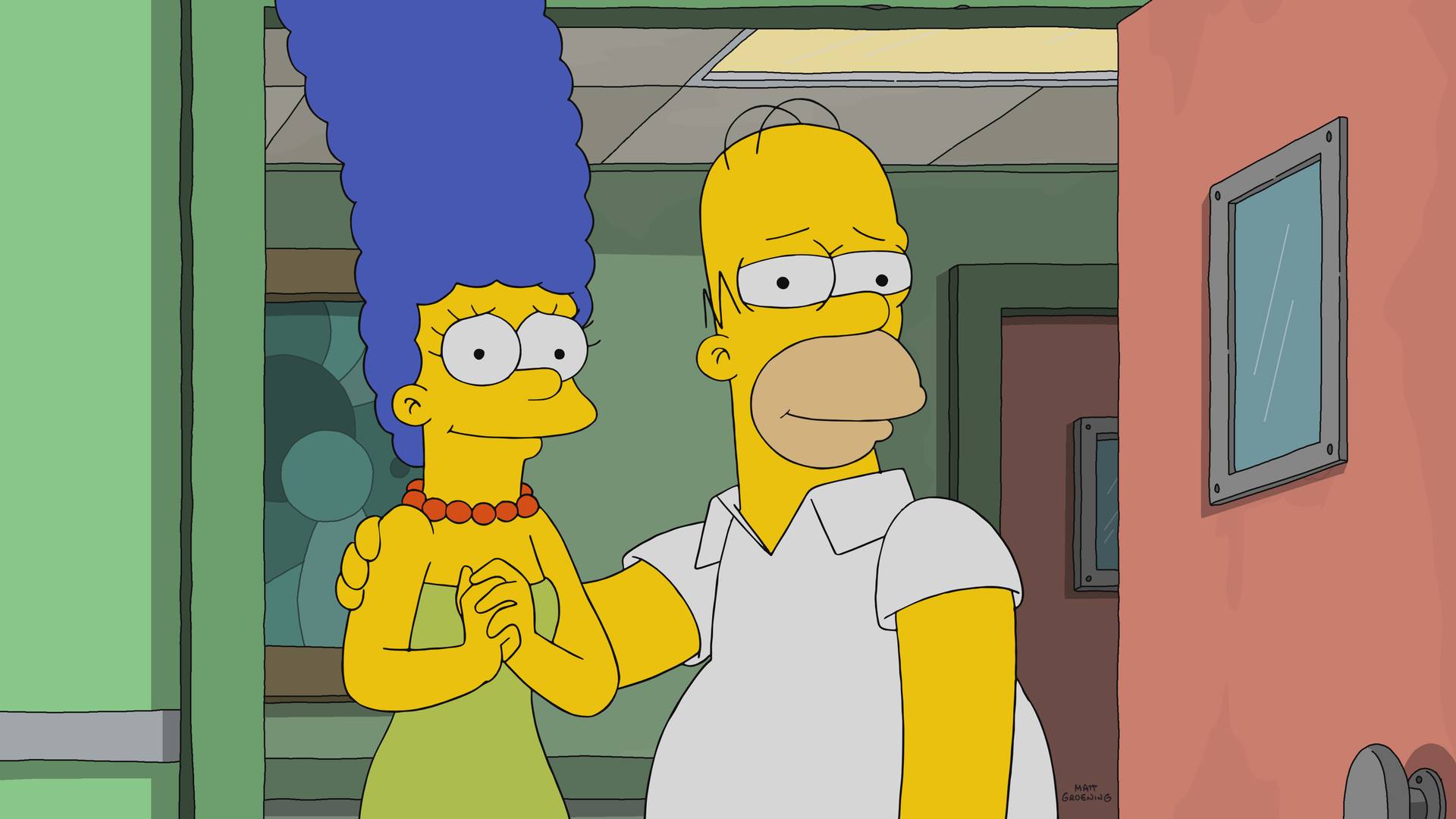
TORONTO — Matt Groening’s classic animated series “The Simpsons” predicted Donald Trump’s presidential win 18 years ago, but the creator has a few thoughts about whether Homer Simpson would’ve voted for the former reality star in the most recent U.S. election.
“Homer’s not that stupid,” Groening mutters under his breath.
He leaves his answer pat on the beloved character who’s often known for his bone-headed decisions. Gatekeepers from Netflix push the interview back onto promoting his latest work, the animated show “Disenchantment,” which begins streaming Friday.
But it’s hard to separate Groening from “The Simpsons,” a show that changed television forever with its potent commentary on modern society.
Trump’s presidential win played like a joke in “Bart to the Future,” which originally aired in early 2000, and Simpsons fans were quick to reference the episode when it turned into real life nearly two years ago. Homer’s imagined voting preferences were speculated about on entertainment blogs in 2016 and became the subject of a number of “Simpsons” YouTube shorts.
Groening’s latest effort, a satirical take on medieval times, doesn’t carry the same pop-culture immediacy, but he insists it still has “some resonances with today’s twilight zone.”
He’s been stockpiling ideas for “Disenchantment” since he began scribbling away at fantasy comics as a teenager nearly half a century ago.
“This show is something that’s been in the back of my mind since high school,” he says.
“I used to draw a comic strip called ‘Tales of the Enchanted Forest’ with talking animals and a little leprechaun.”
Those specific characters don’t appear in “Disenchantment” but they do materialize in similar forms as sidekicks to Princess Bean, an alcoholic of royal descent who stumbles into a variety of unfortunate adventures.
Princess Bean’s only friends are Elfo, a feisty green elf sometimes crippled by his insecurity, and her pet demon Luci who’s at the heart of many problems in her life.
They’re all part of the squalor in Dreamland, a new kingdom that plays as Springfield for the “Game of Thrones” generation. It’s a world where trouble lurks at every turn and Groening says that offers ample opportunity for classic references.
“Everybody grew up with fairy tales,” Groening reasons as he points to familiar characters like Hansel and Gretel, whose unhinged appearance in one episode allowed him to “really have fun” with new interpretations.
Coming up with fresh storylines wasn’t a problem either, he says, even after working for years churning out original ideas for “The Simpsons” and “Futurama.”
He drew on outside influences that included the “Fractured Fairy Tales” segment of Rocky and Bullwinkle and seminal films like “Monty Python and the Holy Grail,” which inspired a hearty serving of grisly jokes about disease and executioners.
None of those scenes would’ve passed muster with TV network censors, which Groening admits took a little getting used to.
With Netflix backing the series, Groening was offered a freedom he’d never had before. At first he tried to exploit it whenever he could, though he says it quickly became clear that being raunchy and violent didn’t necessarily serve the series.
“We realized it wasn’t as fun as we thought it would be,” he says. “So we pulled back.”
Still, Groening snuck in a scattering of colourful language, a touch of nudity and some gruesome death scenes that would never have made the TV cut in the past.
“If you’re familiar with the other shows I don’t think you’ll feel suddenly betrayed by the new crass depths to which we might’ve sunk,” he says.
“But yeah, I would say we push it a little bit.”